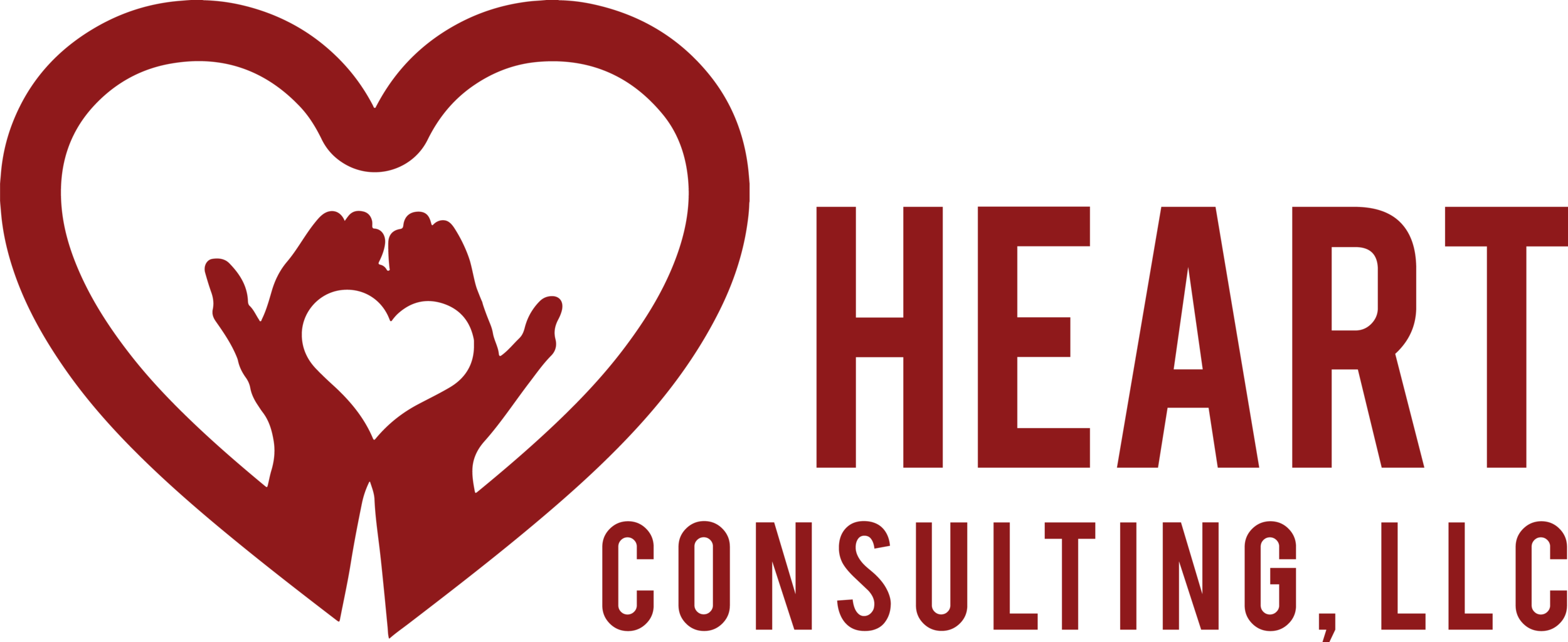Who Knows Best?
A new study was released earlier this week, regarding doctor’s views on the quality of life of people with disabilities. Initially, I was shocked by the results, but the longer I sat with the information, the more those feelings turned into disappointment and frustration. It seemed like this was just one more example of the way misconceptions about the disability community discount the experiences of so many.
The research revealed that over 80% of US doctors believe that people with a significant disability have a worse quality of life than people without a disability. No information was collected to explain why the physicians felt this way, but it is assumed that their knowledge of a disease/disability gave them insight into the quality of life those people may have. Let that sink in.
Here are some questions that are worth asking:
-Do doctors believe that because someone has a disability, they couldn’t possibly have a high quality of life? And how does this affect the way they treat patients? And who exactly is determining what high quality of life means?
-If a person does in fact feel that their quality of life is worse than others, is it because of a disability or because they live in a world that is not willing to view them as full human beings, make accommodations, and provide the support that they need? I think a lot about neurodivergence here, many assume that Autism in and of itself is a disability. In fact, it’s only when our society does not accept and accommodate differences that disabilities are created. When considering quality of life, more needs to be taken into account than the medical model of disability.
It would be impossible to imagine that this bias doesn’t affect the level of medical care that someone receives. I have seen this same bias reflected in the education provided to people with disabilities around dating, relationships, and sex.
Assumptions are made that a person with disabilities cannot navigate the intricacies of maintaining a healthy relationship, or that they cannot understand consent, or that sexual desire simply does not exist. So, we see children and adults with disabilities receiving different information, or none at all, regarding their bodies, sexuality, and sexual preferences. (Let me just point out that there are a number of people without disabilities who receive plenty of education around these topics, and they still cannot conduct themselves accordingly). The problem is that these assumptions, and lack of information or care, can lead to the exact behaviors and experiences that we were trying to avoid in the first place. If we assume someone can’t understand sexual urges, those feelings will likely present in unhealthy behaviors. If we assume someone’s quality of life is low, our treatment will likely reflect that misinformed belief.
It’s these kinds of misconceptions that keep people with disabilities marginalized. In reality, past studies have shown that people with disabilities rate their quality of life similar to, or better than, people without disabilities. Yet another example of the ways in which our society assumes “we know better”, instead of simply taking the time to ask the people we’re drawing conclusions about.
If someone read about your life, and then believed that they understood your experiences better than you do, how would you feel?
-Jordann Mason, Community Outreach Director
